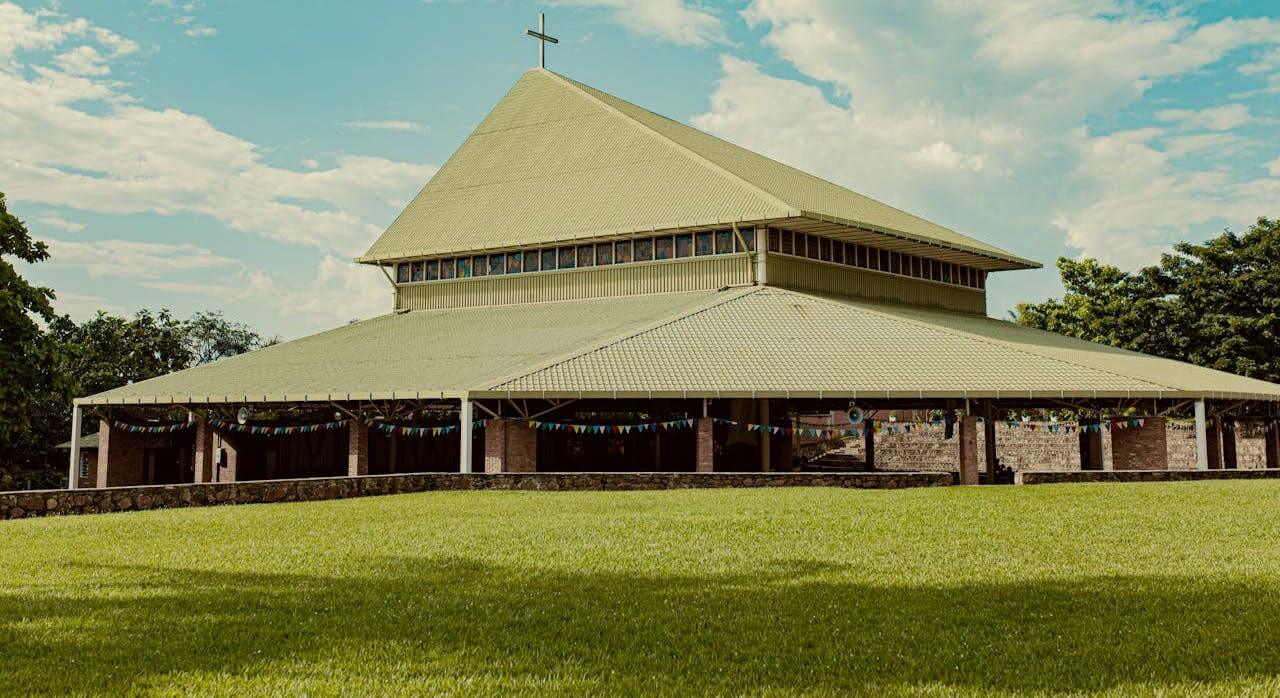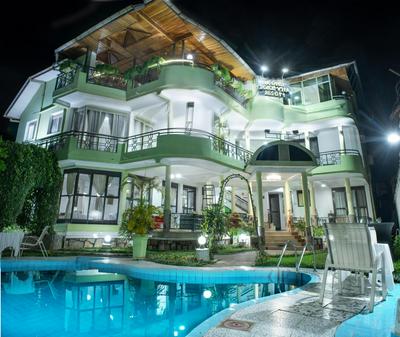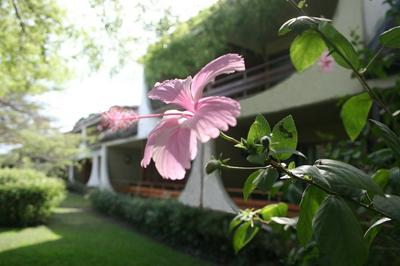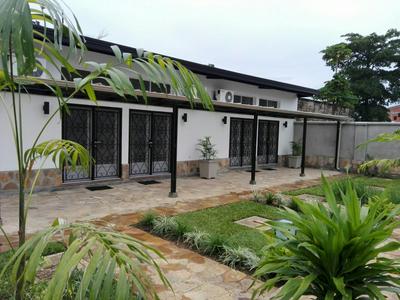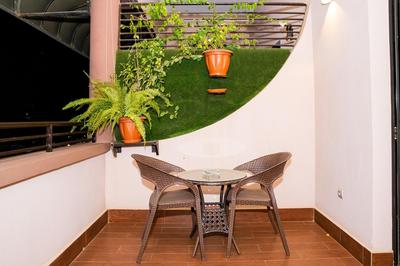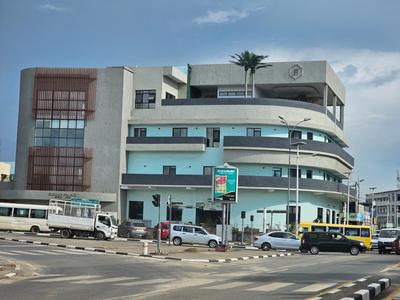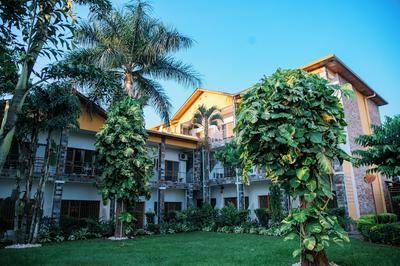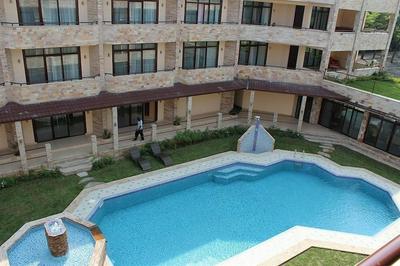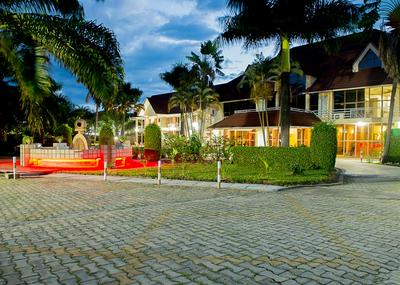When to visit Bujumbura?
Bujumbura, the capital city of Burundi, is nestled along the shores of Lake Tanganyika. Its climate is tropical, with temperatures averaging between 20°C and 30°C (68°F to 86°F) throughout the year. The best time to visit largely depends on what you want to experience.
During the dry season, which runs from May to September, visitors can expect sunny skies and milder temperatures, making it an ideal time for outdoor activities like hiking, swimming, and enjoying the scenic beauty around Lake Tanganyika. This period sees a higher tourist flow, so the beaches and parks may be more populated.
In contrast, the wet season from October to April offers lush greenery and vibrant wildlife, perfect for those interested in nature tours. However, rainfall can be heavy, particularly from November to January, which might hinder outdoor plans. Still, this season might allow for a quieter experience at popular attractions.
For cultural experiences, visiting during Independence Day on July 1st or the End of Year festivities in December can be a real treat, as the city comes alive with celebrations, parades, and local customs.
Ultimately, the ideal time to visit Bujumbura is subjective and should factor in personal preferences for climate and activities.
How to get to Bujumbura?
Bujumbura is accessible through various modes of transportation, primarily by air. The Bujumbura International Airport (BJM) serves both domestic and international flights, leading to several connections from neighboring countries. Daily flights can be found from cities like Nairobi, Dar es Salaam, and Kampala, with travel times varying from 1 to 3 hours based on the origin.
Overland travel can be achieved via bus services linking Burundi to Rwanda and Tanzania. Buses are a popular option among locals and tourists alike, with journeys from Kigali, Rwanda taking about 7 hours. Car rentals and taxis are also available in Bujumbura, providing flexible options for exploring the area.
For those interested in an adventurous route, traveling by road from neighboring countries allows for picturesque views and a chance to experience local culture along the way. Distances and average travel times will depend on road conditions and traffic, so plan accordingly.
Tourist activities in Bujumbura
Bujumbura offers a plethora of activities that cater to a variety of interests, from historical and cultural sites to outdoor adventures. Visitors can explore the Livingstone-Stanley Monument, which commemorates the European explorers who passed through Burundi, and the impressive Musee Vivant, where you can see local wildlife and learn about Burundian culture.
Outdoor lovers can take advantage of the pristine beaches along Lake Tanganyika, where swimming, fishing, and sunbathing await. Bukavu, just a boat ride away, offers lush landscapes and interesting hikes. For those who enjoy nightlife, Bujumbura has a few vibrant bars and clubs that come to life after sunset, offering a chance to mingle with locals.
The city's markets are another highlight, allowing visitors to immerse themselves in Burundian culture through local crafts, food, and dynamic encounters with friendly vendors.
Events and festivals
Bujumbura hosts various events and festivals throughout the year, enhancing the cultural richness of the city. One notable event is the International Festival of Culture that takes place in April. This colorful celebration showcases music, dance, and art from Burundi and beyond, attracting both locals and tourists alike.
Another significant occasion is the Independence Day celebration on July 1st, marked by parades, cultural activities, and community gatherings that reflect Burundi's history and spirit. The End of Year festivities in December is also a local favorite, filled with vibrant celebrations that encourage family and friends to come together.
Additionally, throughout the year, smaller fairs and market days occur, offering visitors an insight into Burundian traditions, cuisine, and craftsmanship.
Family and kids activities
Bujumbura offers several family-friendly activities that are perfect for children of all ages. The city's parks, such as the popular Source of the Nile Park, provide ample space for kids to run and play, picnic, or simply enjoy the fresh air. Local playgrounds and community sports activities are also great ways for families to interact and have fun together.
The Musee Vivant is another great spot for families, where children can learn about wildlife, conservation, and the local environment in an accessible way. Additionally, boat trips on Lake Tanganyika are a fun way to spend a day, as children can enjoy the water and explore the beautiful shoreline.
Local community centers often host children’s activities, workshops, and cultural events that encourage interaction and learning while ensuring a wonderful family experience.
What to see in Bujumbura?
Bujumbura boasts unique attractions that offer a glimpse into the city's history, culture, and natural beauty. Here's a list of must-see sites:
- Livingstone-Stanley Monument: A tribute to famed explorers, this site overlooks the stunning lake and serves as a history marker.
- Museum of the National Art: Step into Burundian heritage through captivating local artwork and cultural artifacts.
- Lake Tanganyika: Enjoy the gorgeous beaches for swimming and relax while soaking in the sunset views.
- Chief’s Palace: A historic site that showcases traditional Burundian architecture and cultural significance.
- Place de l’Indépendance: A vibrant square surrounded by important monuments and local life - great for a leisurely stroll.
- Musee Vivant: An excellent spot for families to connect with wildlife and learn about conservation efforts.
Each of these attractions presents a unique insight into the life and culture of Bujumbura, making them exceptional stops for any visitor.
Accommodation in Bujumbura
Bujumbura offers a range of accommodation options to suit various styles and budgets. From upscale hotels with stunning views of Lake Tanganyika to cozy guesthouses that provide a more personal touch, there’s something for everyone. Popular areas to stay include the city center, which is bustling and offers easy access to shops, restaurants, and attractions.
Price ranges vary significantly, with mid-range hotels typically starting from around $50 per night, while luxury accommodations can exceed $150 or more. Options like Lake Tanganyika Hotel and Club Nautique provide comfortable stays with amenities tailored for both leisure and business travelers.
Hostels and guesthouses are great for budget travelers, offering affordable and friendly stays. Visitors might also consider renting apartments for a home-like experience, allowing for flexibility and space.
Overall, different neighborhoods and price points allow for a convenient and enjoyable stay in Bujumbura.
Important numbers and information
- Emergency Numbers: Police: 117, Ambulance: 118, Fire: 118
- Tourist Information Center: Located in downtown Bujumbura for various guides and maps.
- Main Hospitals: Usaid Hospital, Kamenge Hospital are leading facilities.
- Airport Contact: Bujumbura International Airport - +257 22 26 18 08
- Public Transport Info: Bus routes are available at local stations; consult with locals for details.
- Taxi Apps: Use local services like 'Uber-style' taxis found mainly in the city.
- Currency: Burundian Franc (BIF). Credit cards are accepted in major hotels and stores, but cash is advisable for markets and small venues.
Where to eat?
Food in Bujumbura reflects the rich flavors of Burundian cuisine, which features a variety of local ingredients and traditional dishes. You can find dining establishments offering everything from upscale dining to roadside stalls serving delicious street food. The most popular dishes include ukari (a traditional meat stew), isombe (cassava leaves), and various fresh fish from Lake Tanganyika.
The city’s dining scene is predominantly centered around the downtown area, where you'll find a mix of local restaurants and international cuisine. Prices can vary; expect an average meal in a mid-range restaurant to cost around $10 to $30. For delightful street food, options such as grilled plantains and fried fish are not only affordable but also must-tries.
Restaurants like Le Trois Chenes offer a taste of local flair, while Restaurant Damas serves as a hotspot for visitors craving a mix of local and international dishes.
Nightlife – where to go out?
The nightlife in Bujumbura is vibrant and diverse, offering various options for those looking to enjoy the evening out. The city has a handful of bars and clubs where locals and visitors mingle. Popular venues include New Pampas, known for its lively atmosphere and dance music, and Le Berceau, which offers a cozy environment for drinks and chatting.
For a more energetic experience, Club Impala is the go-to nightclub where DJs spin a mix of local and international hits, attracting a younger crowd ready to dance the night away.
In general, nightlife in Bujumbura revolves around socializing, making it easy for travelers to meet locals and enjoy an authentic experience. Main nightlife areas are often bustling, particularly on weekends when people come out to celebrate.
Transport and taxis
Bujumbura offers various transportation options to navigate the city effectively. Public buses are a common means of transport, providing an affordable way to travel. Tickets are generally inexpensive, but it's best to check local rates. Buses may not follow a strict schedule, so be prepared for delays.
Taxis are readily available, with both traditional and app-based services. It's advisable to negotiate fares before the ride, as some taxis do not use a meter. Safety is always a priority, so choosing well-reviewed taxi services or asking for recommendations can enhance peace of mind.
Public transport in Bujumbura is generally safe, but stay aware of your surroundings and avoid using your phone or valuables openly. Here’s a quick list for getting around:
- Public buses: affordable and commonly used.
- Taxis: available throughout the city; negotiate fares.
- Apps: use local taxi apps for convenience.
- Safety tips: be cautious, travel in groups when possible, and avoid isolated areas at night.
Parking and public garages
Parking in Bujumbura can be challenging, especially in busy areas. The city has designated parking zones, with enforcement in popular districts, such as the city center. Street parking is often available, but be mindful of designated spots to avoid fines.
Rates for parking typically vary. Public garages also exist, offering more secure options, particularly near shopping areas and eateries. It's advisable to use lots that are monitored or have security personnel, especially at night.
For drivers, patience is key, especially during peak hours when traffic can get congested. Make sure to familiarize yourself with local driving customs and always secure your vehicle.
Surroundings of Bujumbura
Exploring beyond Bujumbura opens up opportunities for delightful day trips to nearby attractions. One recommendation is to visit the nearby Rusizi National Park, where nature lovers can enjoy a rich variety of wildlife and landscapes.
The town of Gitega, known for its historical significance and traditional craft markets, is another great excursion. It takes roughly two hours by car, making it a feasible option for a day trip.
For those who enjoy the water, consider a trip to Lake Tanganyika’s surrounding resorts, where you can spend the day swimming, relaxing, and enjoying scenic views.
Naturally, make sure to check local travel advisories and plan transportation accordingly to ensure a smooth adventure outside the city.
